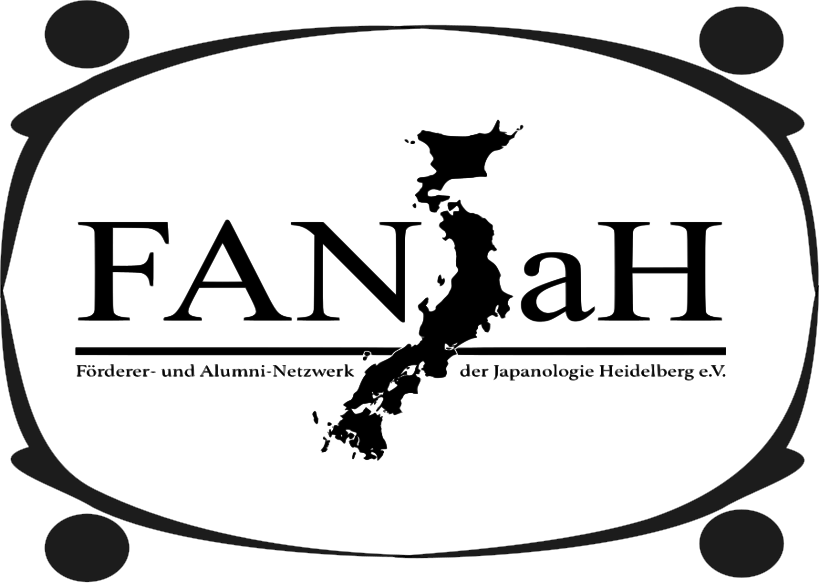Der Tennō-Diskurs bei Watsuji Tetsurō und Amano Teiyū – Die Instrumentalisierung des Wortschatzes des deutschen Idealismus zur politischen Stabilisierung in der unmittelbaren Nachkriegszeit
Autor/innen
In the postwar era, Amano Teiyū and Watsuji Tetsurō enjoyed among the Japanese public a reputation as “old liberalists” who had not been contaminated by the insane kokutai-ideology Japanese militarism had propagated. Both wrote immediately after the war that the new constitutional status of the emperor as a symbol of national integration merely described the quintessence of the time-honored tradition of the Tennō. To summarize their opinion: the Tennō had been re-established as the incarnation of national culture in opposition and intentional dissociation from the military regime of the past. During the war, however, they had been passionate preachers of the national ideology, who did not hesitate to speak of the necessity of self-sacrifice for the national totality and the Tennō. It seems that they did not realize that the public could accuse them of being turncoats after 1945, nor did the public notice their change of course. In this essay, I try to identify the reason for this alleged continuity of liberal mentality, which is not consistent with the actual arguments both philosophers had put forward during the heyday of ultra-nationalism.





